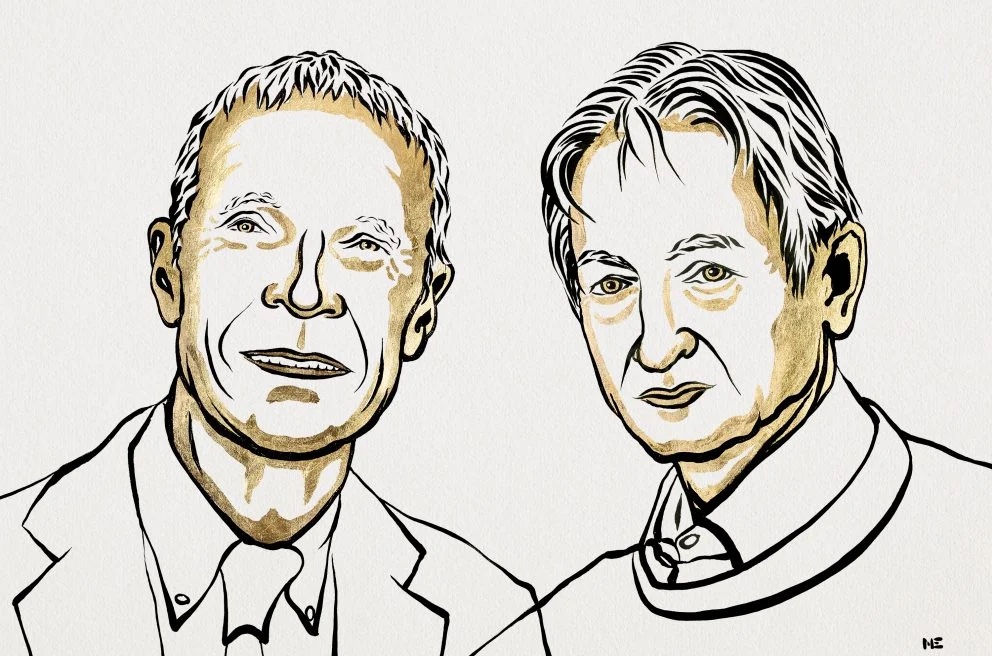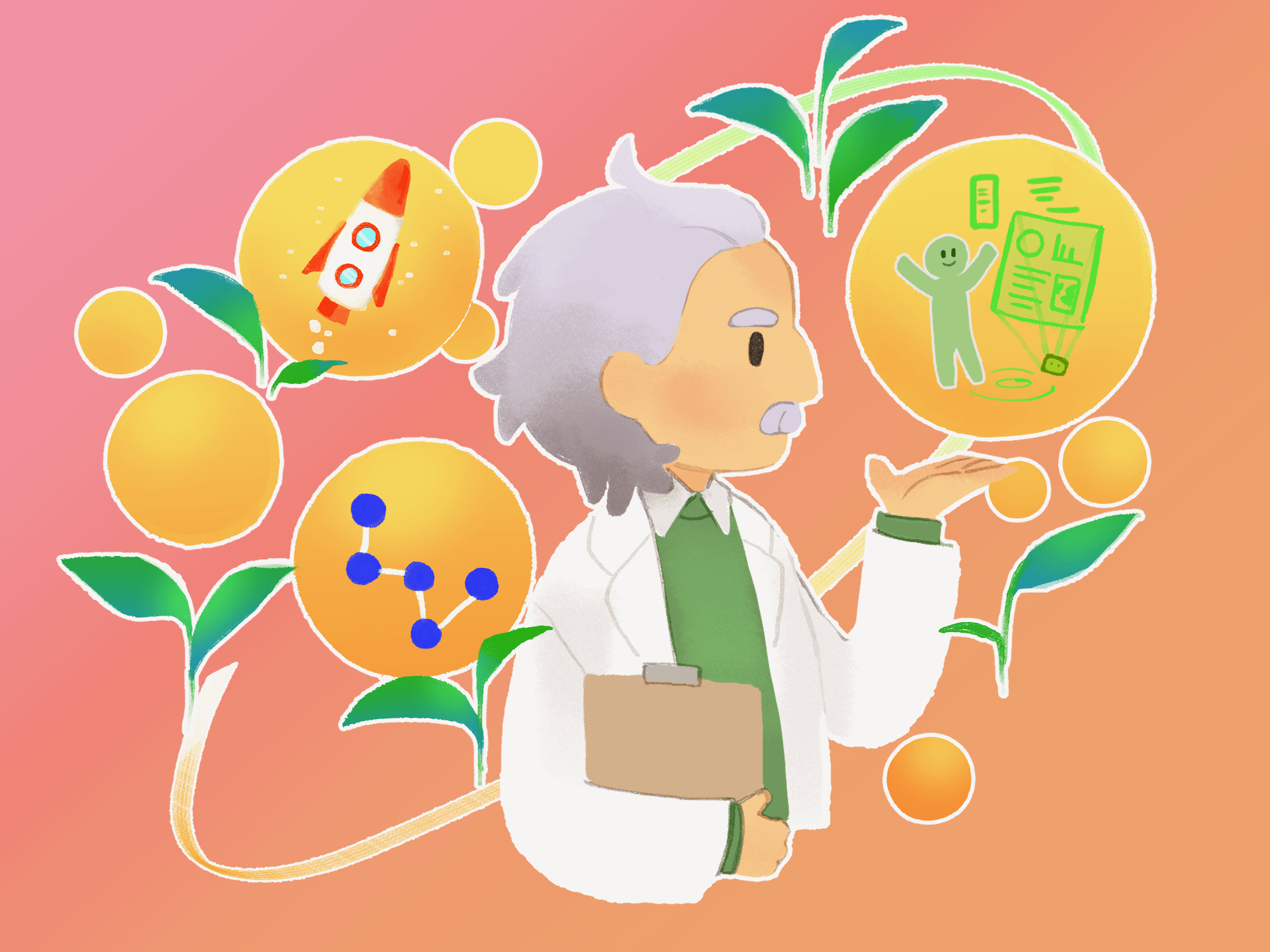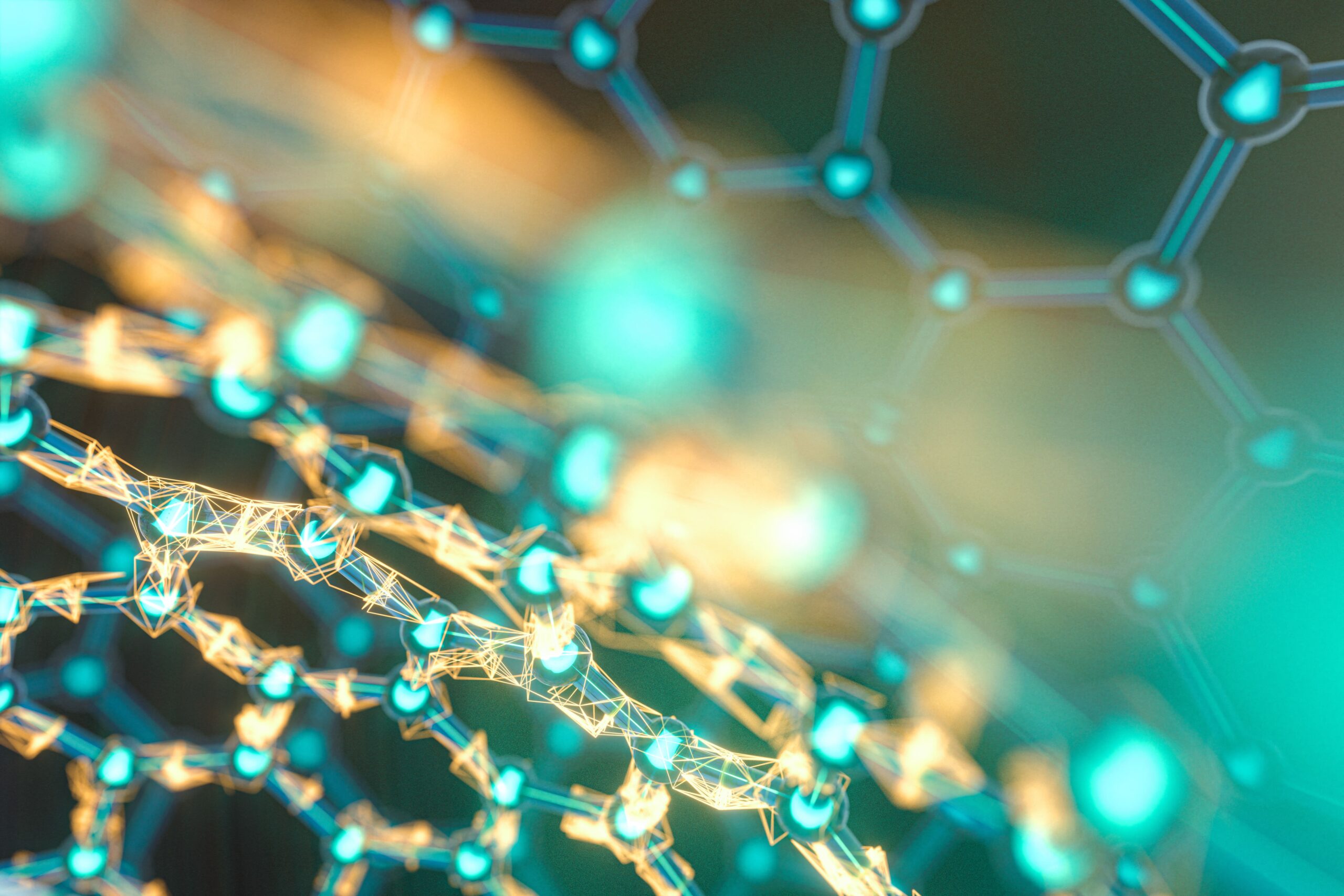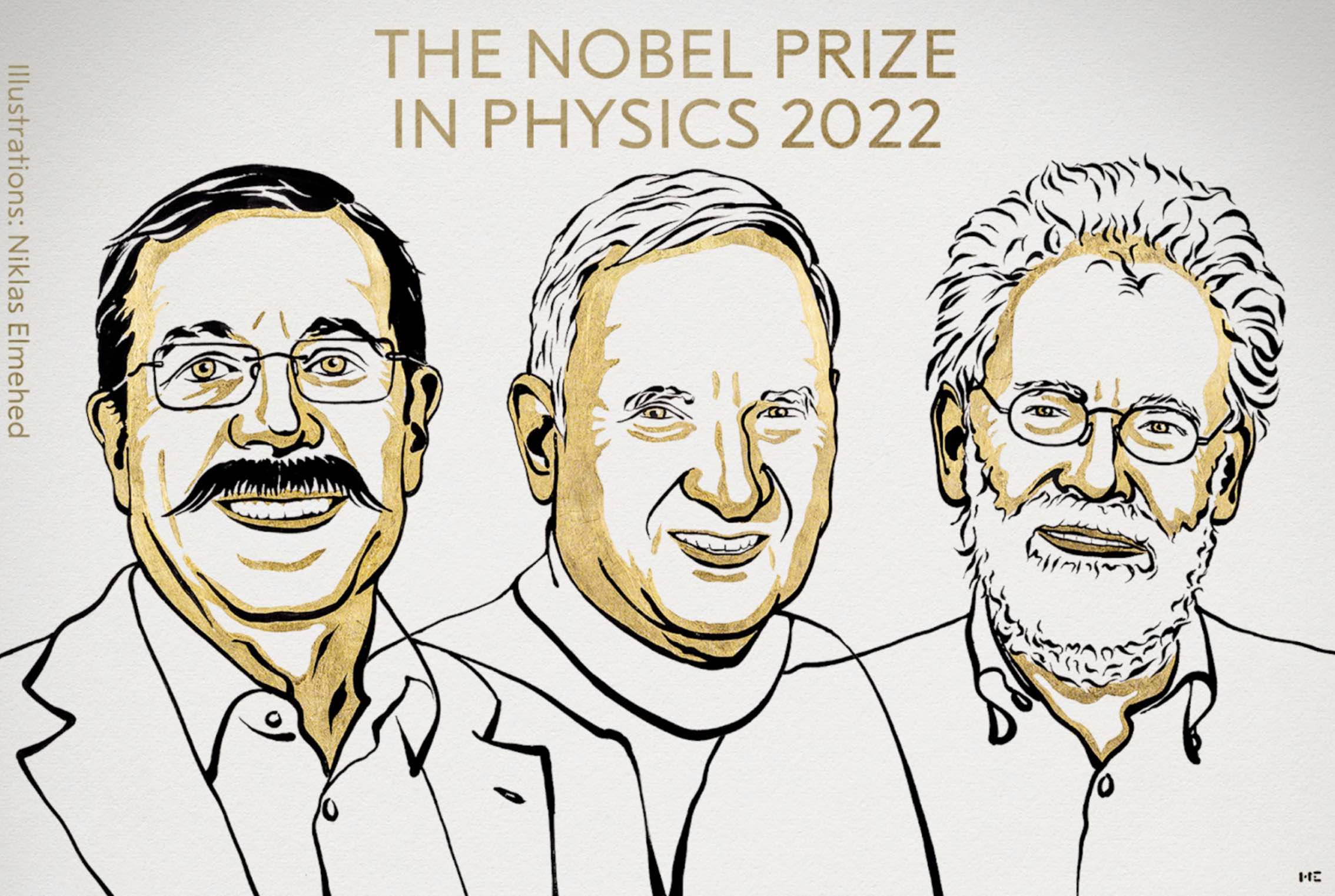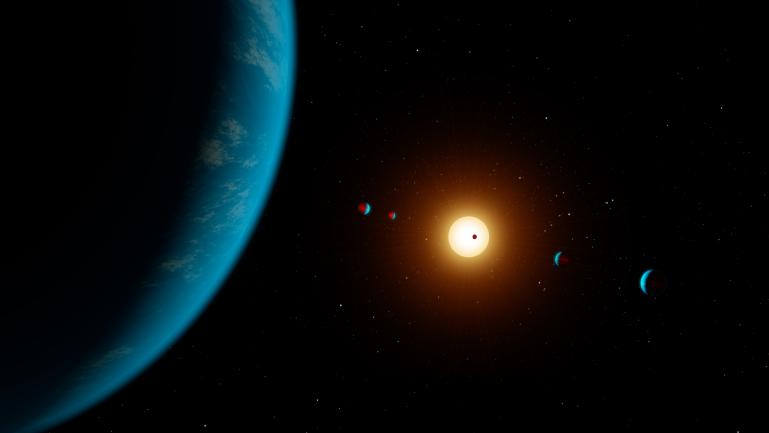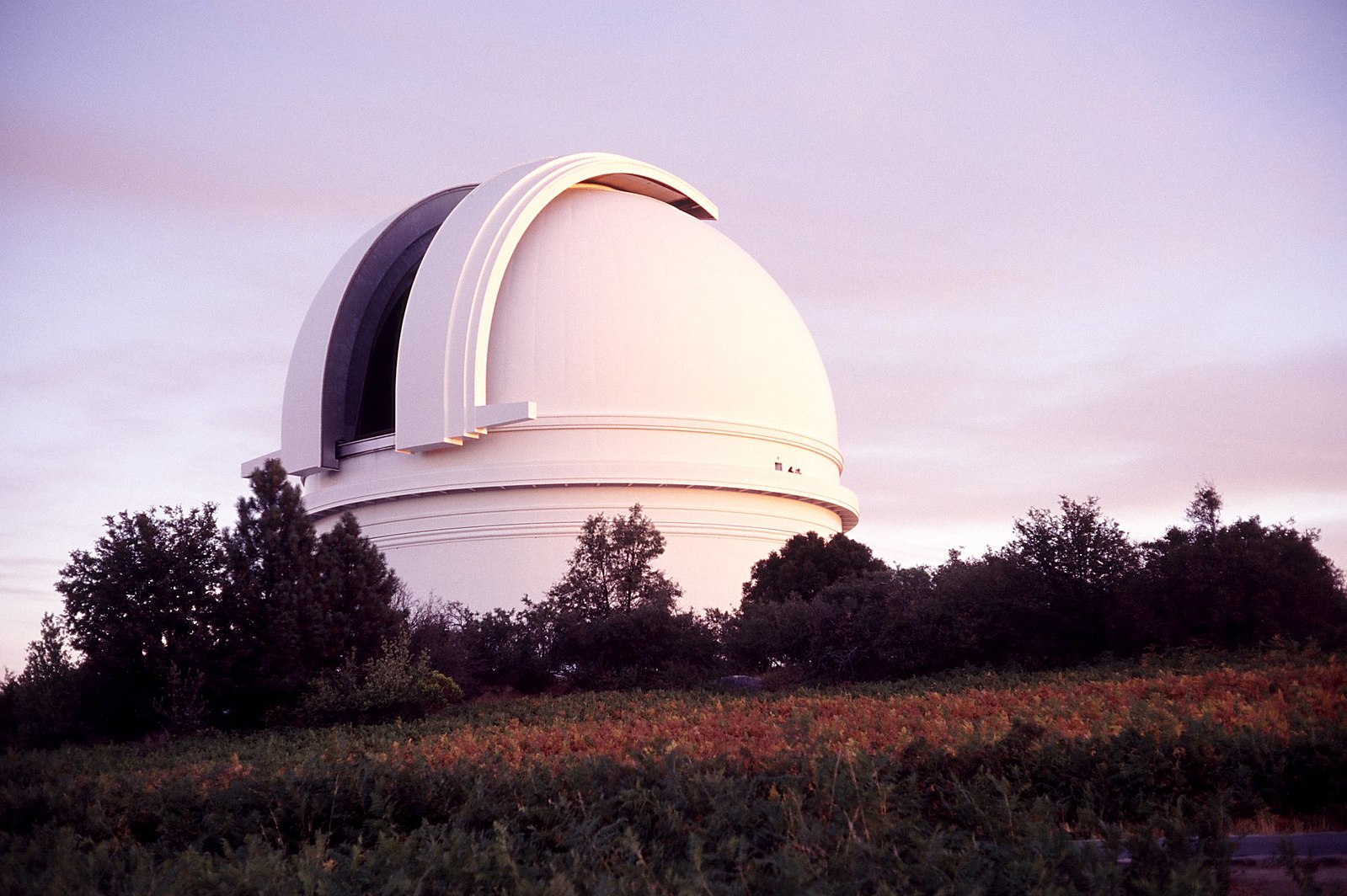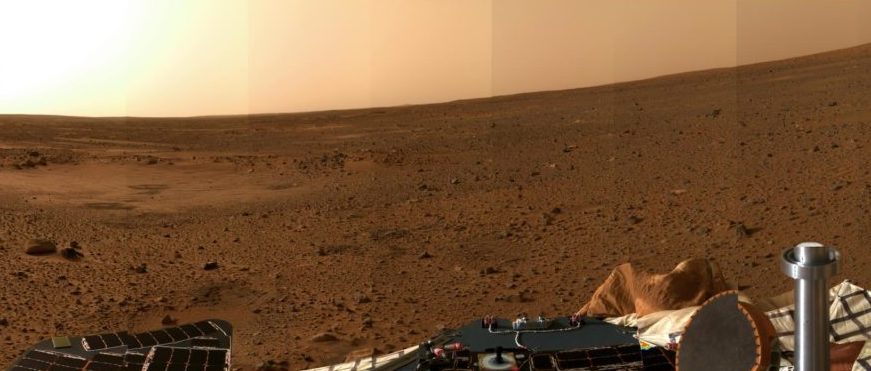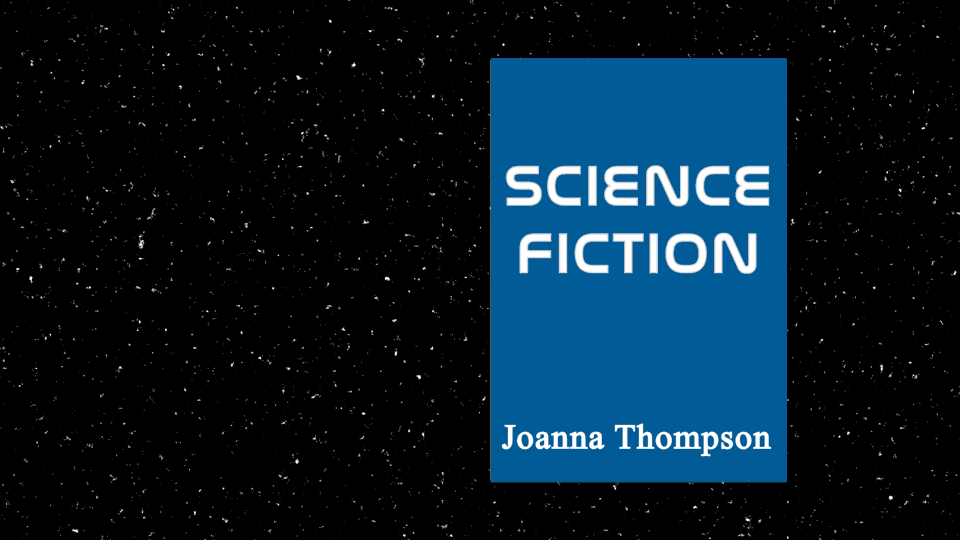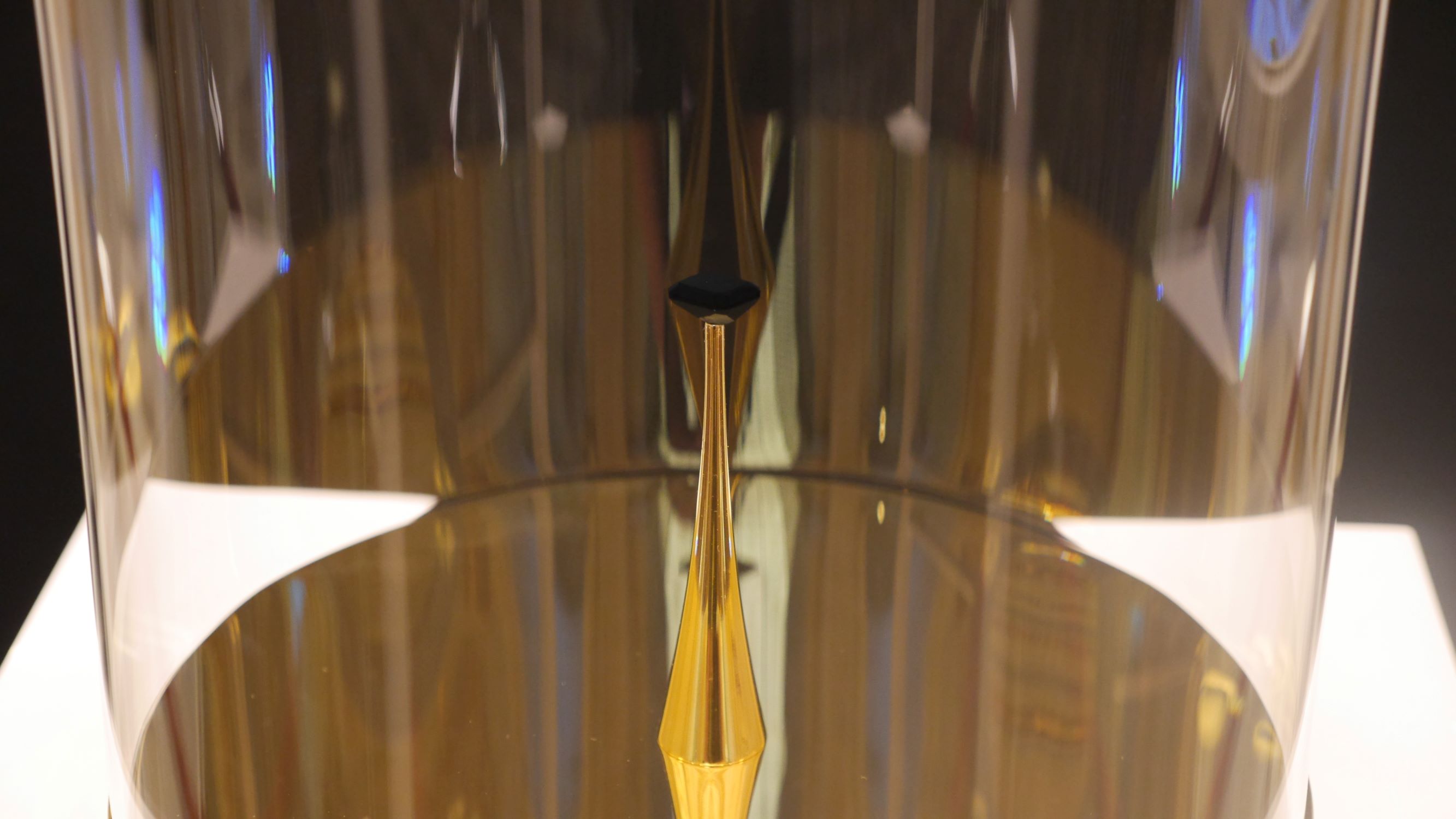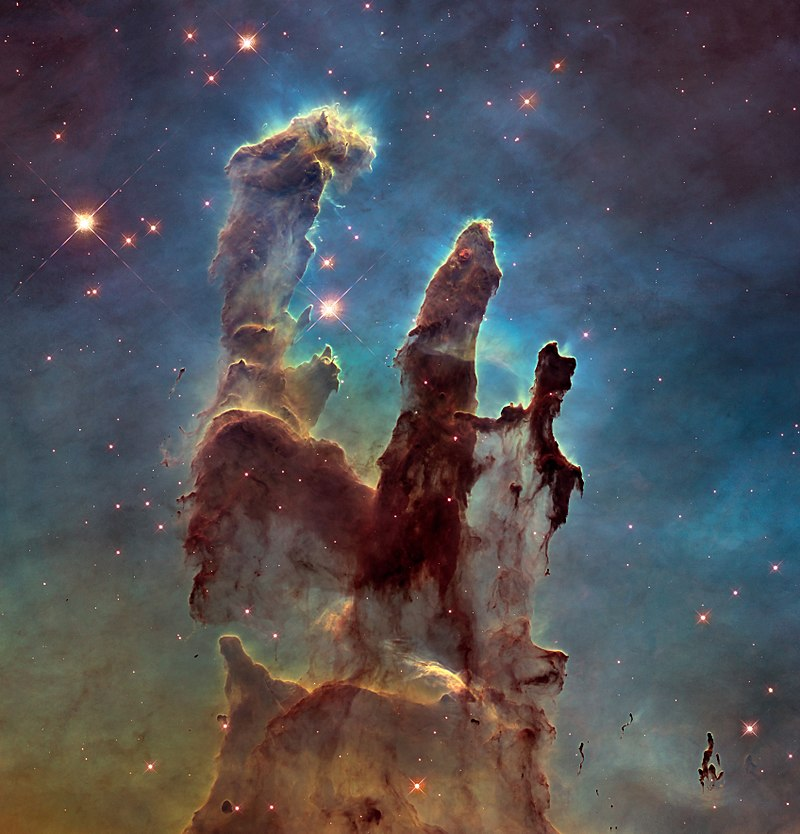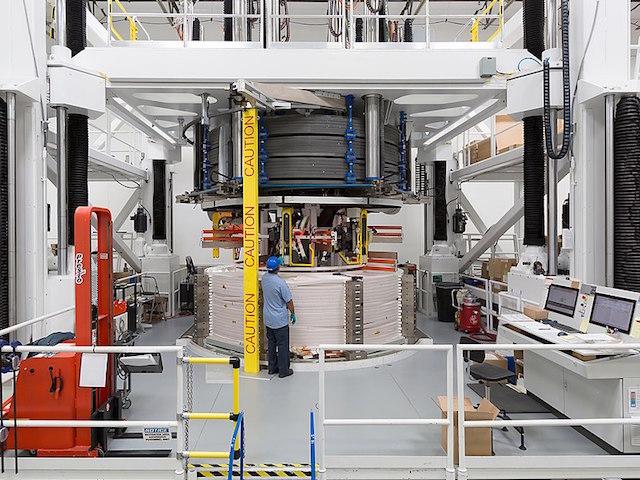Tagged
physics
K.R. Callaway • October 8, 2024
This year’s prize was awarded to John Hopfield and Geoffrey Hinton for machine learning discoveries
Gayoung Lee • January 7, 2024
No magic, just physics: how scientists are working with a set of phenomena they don’t fully understand
Administrator • December 9, 2023
The 41st class of SHERP is thrilled to present this special edition of Scienceline written for readers in grades six through eight
Gayoung Lee • December 6, 2023
Chemists are reimagining how polymer chains respond to physical stress, inviting innovative approaches to medicine, tech and more
Kohava Mendelsohn • October 3, 2023
Pierre Agostini, Ferenc Krausz and Anne L’Huillier created pulses of light on the scale of attoseconds to study the energy and movement of electrons
Gwendolyn Rak • October 4, 2022
Three experimental physicists were recognized for their foundational experiments in the field
Allison Parshall • February 17, 2022
These master musicians use the fundamental principles of sound to sculpt their overtone harmonies
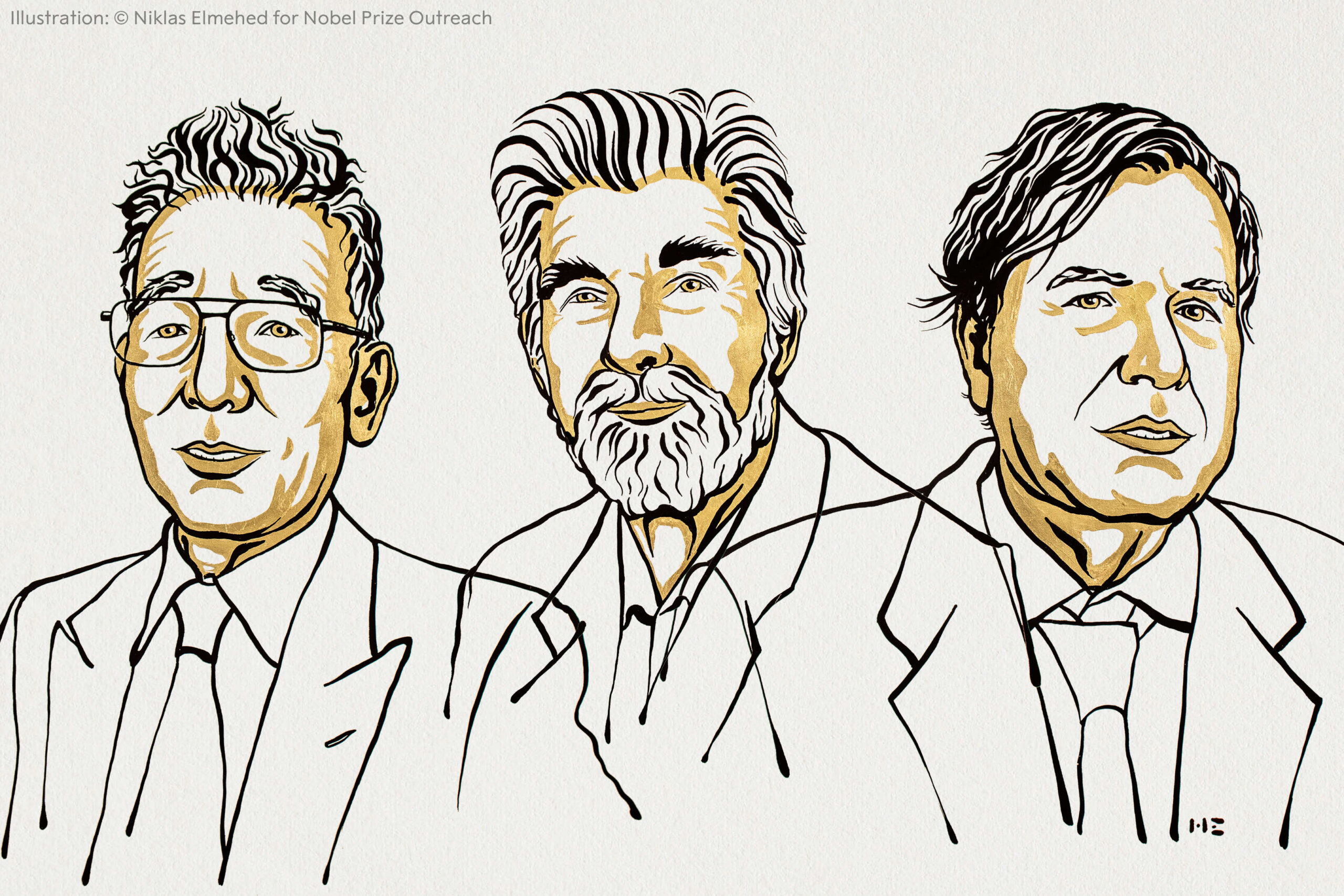
Scientists studying climate and disordered materials win Nobel Prize in Physics
Tatum McConnell • October 5, 2021
Researchers who examine complex systems were recognized for their contributions.
Jackie Appel • February 26, 2021
To exoplanet scientists, oddball planets are much more than just a strange sight on a cosmic sightseeing tour
Jackie Appel • February 3, 2021
Astronomers are finding ways to keep investigating the universe despite missing data due to COVID-19 telescope shutdowns
Jackie Appel • January 27, 2021
Scientists recently developed a substance that could help plants grow on Mars without the need for an artificial oxygen atmosphere
Joanna Thompson • December 21, 2020
How calendars construct our reality
Hannah Seo • November 11, 2019
A record-breaking engineered material leaves no room for vanity
Rebecca Sohn • October 17, 2019
An astrophysicist and a poet discover they have much in common
Jessica Romeo • January 8, 2019
Superconducting magnets began as a “laboratory curiosity.” Half-a-century later, they are indispensable for modern science
